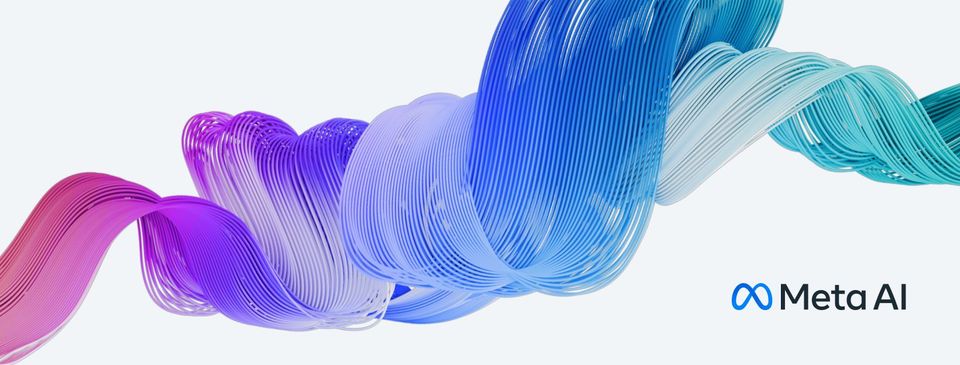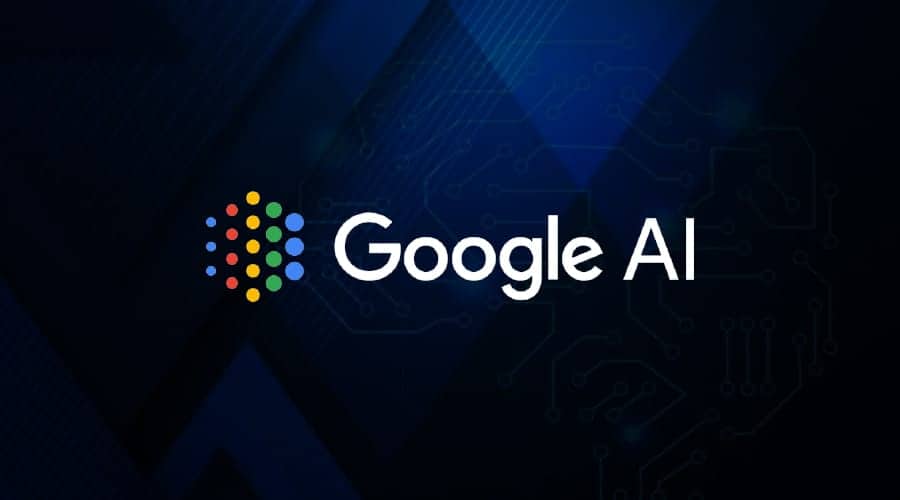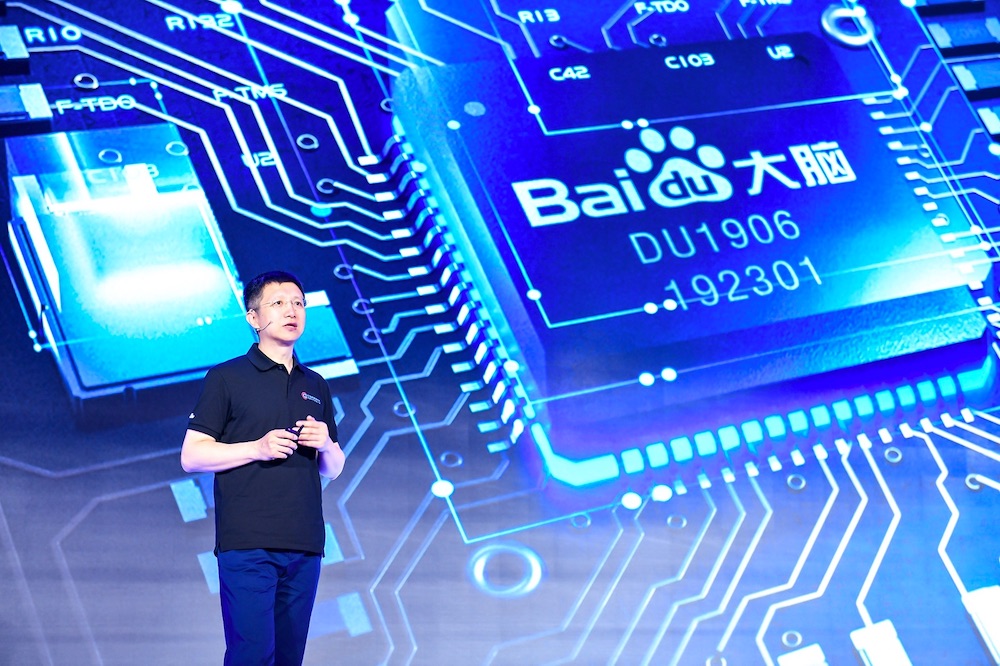I don’t know about you, but I’m still in awe of ChatGPT and all its possibilities. Perhaps time will prove me wrong, but I think it’s one of the biggest breakthroughs I’m likely to experience.
And the best part is that this is just the beginning! In fact, Sam Altman, CEO and co-founder of OpenAI, the company that developed the algorithm, said that the upcoming updates will make the current version look like a “boring toy.” Bill Gates, another forward-thinker in tech, stated that it’s breakthroughs like this that “will change the world.” And I believe in them.
So, I thought it could be interesting to see what the latecomers are doing to catch up and (why not?) overtake OpenAI in the AI race. Let’s see what the tech industry’s up to.
Meta

Meta, the company behind Facebook, Instagram, and WhatsApp, developed an algorithm they called Galactica. It was created to help scientists and researchers summarize their academic papers and solve mathematical problems quickly so they can focus on what matters most.
But it’s still in its early stages. The company said they trained the algorithm with more than 48 million papers, but the results they presented in November were not encouraging. Although the comments were not that harsh, a researcher claimed that it’s a “dangerous” technology because of its incorrect and biased answers.
Microsoft

Microsoft was quick to act after ChatGPT was launched. They basically invested a large amount of money in the venture to become the first to use the algorithm in their search engine, Bing.
That’s how, a few weeks ago, the company was able to launch in beta a smart search engine that can answer questions in a conversational way. But get this: It’s not just a replica of ChatGPT built into the internet and adapted to Bing. They supposedly improved the algorithm.
And users have had very diverse experiences with it. Some answers were really interesting and helpful, while others were nonsensical at best.

Microsoft’s move forced Google, the ultimate king of web searches, to get to work. Considering that this technology could radically change the company’s business model, they were quick to introduce Bard.
Although it will be a conversational search engine like Bing, we don’t know much about its capabilities yet. According to Sundar Pichai, the company’s CEO, the goal is for the assistant to “rely on information from the web to provide fresh, high-quality answers.” A bit vague if you ask me.
And the official presentation was a bit of a mess. Bard got an answer wrong and caused the company’s stock to plummet. For now, only a handful of people are testing the algorithm. Google will supposedly make it available to more users in a few weeks.
Alibaba

Alibaba, one of the Chinese giants, said in February that it was testing (internally) a technology to compete with ChatGPT. They argue they have been testing artificial intelligence since 2017, but they haven’t revealed much about their work.
But as a Chinese company, it could face some obstacles ahead. The Asian media Nikkei revealed that Chinese regulators are concerned about ChatGPT and have asked companies in the sector to limit access to the algorithm. On top of that, these companies will have to consult with the government before offering their solutions to the public.
Baidu

Baidu is more advanced than Alibaba. Or so they say. Their chatbot is named Ernie and made its first appearance in 2019. Since then, it has evolved into a product similar to ChatGPT, according to the company. And it will supposedly be released this month.
It’s interesting because Baidu is Google’s competitor in China, and these kinds of algorithms can be seamlessly merged with search, as Microsoft and Google are trying to do.
At the end of 2021, Baidu revealed that they trained the model on “massive unstructured data and a huge knowledge graph” and that it’s “outstanding in both natural language understanding and generation.”

